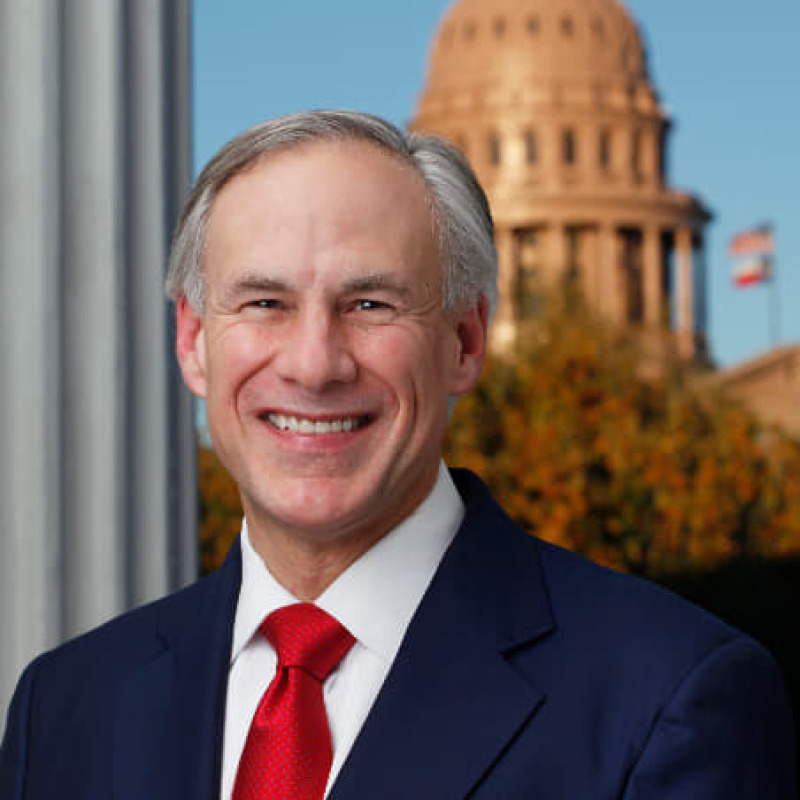
Texas government entities are prohibited from forcing churches and other places of worship to close, according to a bill signed by Governor Greg Abbott on June 15.
The state's Republican governor announced via Twitter that "the First Amendment right to freedom of religion shall never be infringed," reports the Washington Examiner.
The bill came as a result of the states imposed lockdowns in an attempt to curb the spread of the coronavirus in March 2020 by closing services considered "non-essential" including places of worship. By executive order, Abbott reopened places of worship later that month, declaring them to be "essential services" for the community.
As for the recent bill, Governor Abbott said that it was drafted to safeguard Texans' first amendment right to religious liberty. Under the Republican-backed Bill, HB 1239, any public official or federal agency in Texas is banned from "issu(ing) an order that includes places of worship," reports Nation World News.
According to Republican state Representative Scott Sanford, the legislator who introduced the bill, church closures were an unconstitutional restriction on religious liberty protected by the First Amendment. He also argued that houses of worship "provide essential spiritual, mental, and physical support in a time of crisis."
"Closing churches not only eliminated these critical ministries and services," he contended, "but violated their religious freedom, guaranteed by our laws and constitution."
Critics of the bill, like state Representative John Turner, have argued that it is both "too comprehensive and too broad" in its application.
"I just thought it was a broadly written bill that could be problematic if applied as written," he told Texas Tribune.
Disputing Turner's remarks, Republican legislators who backed the bill pointed out that "strip clubs and liquor stores" in Texas are still operating, despite the fact that religious services were forced to shut last year.
A review of the previous year
A number of pastors were arrested during the first wave of COVID-19 for conducting services in defiance of local COVID-19 stay-at-home orders at the peak of the first wave.
The orders were met with resistance from churches and synagogues. Earlier this year, the Supreme Court struck down orders from governors like Andrew Cuomo and Gavin Newsom's limitations on church attendance after churches filed lawsuits contesting the disparity between them and other establishments. In the Brooklyn case, the court determined that the regulations "cannot be viewed as neutral because they single out houses of worship for especially harsh treatment."
A similar hopeful piece of legislation
Recent reports indicate religious liberty is also winning in Florida. Gov. Ron DeSantis signed a bill mandating that public schools offer students in grades K-12 one minute of silence at the beginning of each school day.
According to the bill, "too few people can even experience a moment of quiet reflection before dipping their head into daily activities" and that young people "are particularly affected by the absence of an opportunity for a moment of quiet reflection." While the minute of silence is in effect, teachers are not permitted to offer recommendations regarding the nature of introspection.
A signing ceremony was held in which DeSantis said that "you [can't] just push God out of every institution and be successful. I'm sorry, our founding members did not believe it."






















